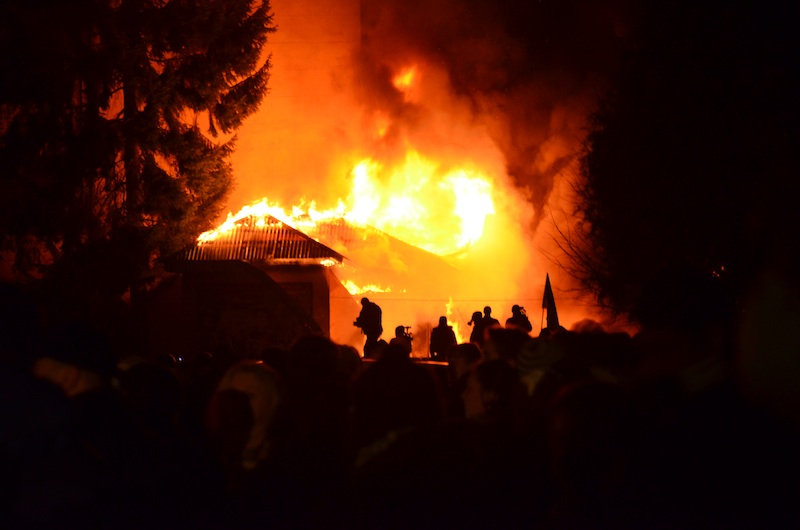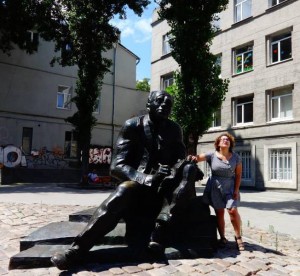
A Personal Lens on the News from Ukraine
On May 2nd the southern Ukrainian city of Odessa saw its first major outbreak of violence since the turmoil in Ukraine began a few months ago. A Ukrainian-unity rally led to clashes between pro-Ukrainian protesters and pro-Russian separatists, and several hours of street violence ensued. The two sides hurled cobblestones, bricks and Molotov cocktails at one another. A raging fire that ignited the city’s Trade Union Building killed 31 people. Bloodied bodies lay in the city center, on Kulikovo Street.
Odessa, which sits on the lip of the Black Sea, has long held a unique place in the hearts and minds of those who inhabit, or study, the Former Soviet Union. From its founding in 1794, the city’s thriving role in commercial trade attracted a cosmopolitan and multiethnic populace. The city became famous, in the nineteenth and early twentieth centuries, for its humor, earthiness, and vibrant commercial endeavors—both legal and illegal. Due to Catherine the Great’s liberal policies towards Jews in the city, Odessa also attracted a massive—and largely secular—Jewish population. Its reputation for secularism led rabbis of the time to state that the fires of hell burned around Odessa. Poetry and prose in Hebrew, Russian and Yiddish shot out from Odessa’s many presses at the start of the 20th century, penned by the likes of Bialik and Babel; dubbed “The Gate to Zion” in the nineteen-teens, the city was a hotbed of Zionist idealism.

The author with a statue of Isaac Babel in Odessa. (Talia Lavin)
I first visited Odessa in the summer of 2011, working as a volunteer tour guide in the city’s cramped but charming Jewish museum. Pursuing the ghosts of literary men I studied and loved, I walked alone through cobbled streets lined with lindens, practiced my fledgling Russian and swam in the Black Sea off Odessa’s shining cliff-lined beaches. Cafes and bars in the central streets were filled at all hours with revelers drinking sweet Crimean wine.



